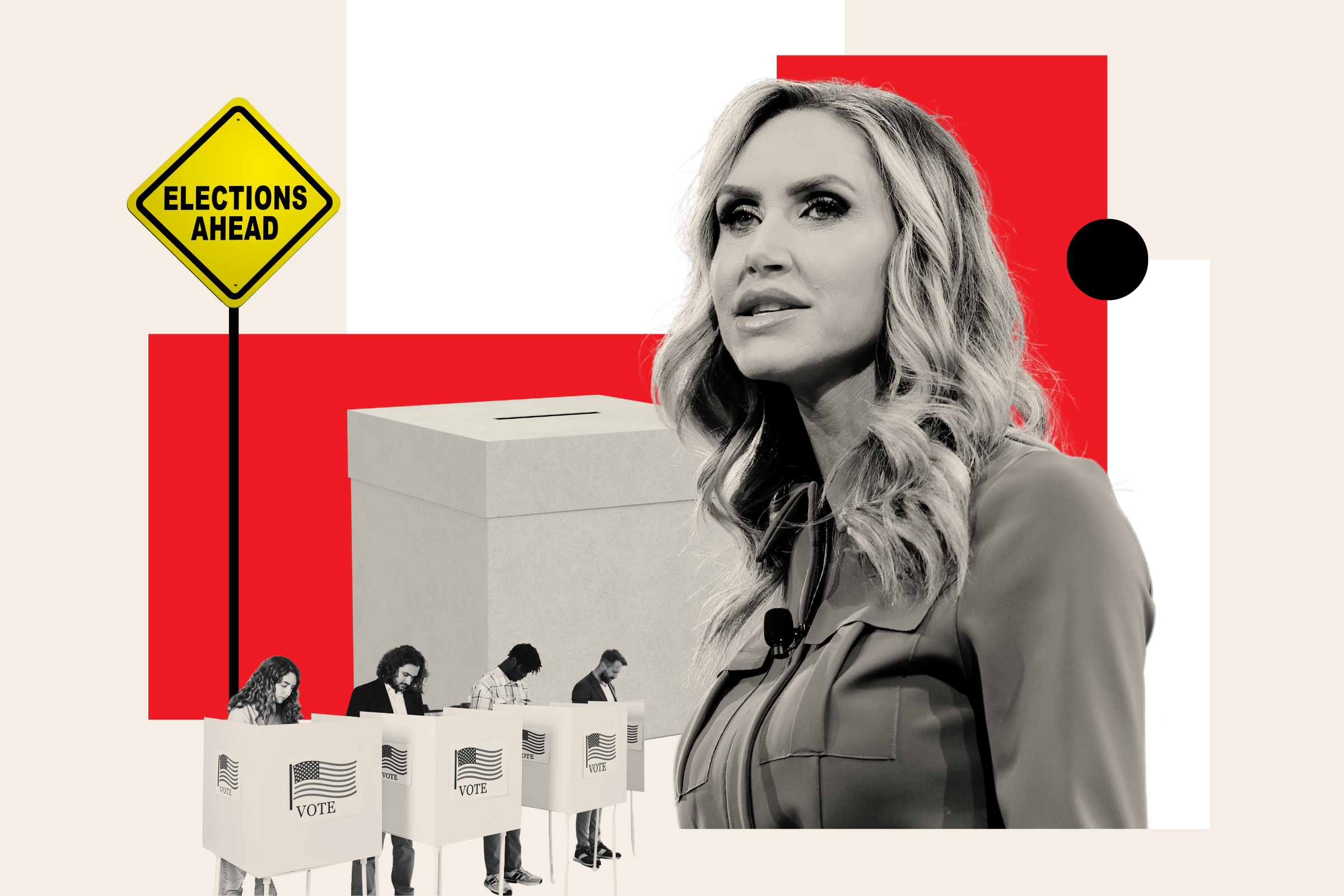Conspiracy, denialism, and misleading narratives are running amok on social media. World leaders trying to craft effective policies and solutions are not just fighting climate change, they're fighting a radical minority that gets amplified by Big Tech.
The data points are everywhere: On Elon Musk's new Twitter "hellscape" (his words, not ours), a basic search for "climate" returns "#climatescam" as one of the top results. Social media accounts that posted U.S. election-related conspiracies also shared climate conspiracies, with the highest engagement content found on Twitter, where Republican figures call climate change and green energy a failure, hoax, and scam. Furthermore, new network analysis shows that top-performing posts that discussed ESG (Environmental, Social, and Governance) investing are linked to an ongoing "anti-woke" campaign and have now fully merged with conservative networks that push everything from transphobia to "stop the steal" to anti-vaccine disinformation.
Starting at COP26 in Glasgow last year, our team of analysts outlinedthe most prevalent climate disinformation narratives. Climate disinformation not only took the form of outright denial, but it also morphed into additional, more subtle tactics, such as attacking renewables and building climate into the GOP's culture wars. Even more effective than saying "climate change isn't real" was "climate change is real, but the solutions on the table are too expensive or disruptive."

Despite these clearly mapped threats, not enough is being done by social media platforms. Google, Facebook, and Twitter profit from climate disinformation and drive its business model. Efforts to push for greater content moderation and transparency around the harms caused by their products consistently fall on deaf ears.
Companies have taken some action in the past year. Twitter announced a new policy to demonetize climate disinformation, but with Musk now at the helm of Twitter and threatening disinformation moderation, it's one step forward and three steps back. Google pledged it would prohibit users from profiting off climate denial, but new research shows that half of all climate denial sites are supported by Google. Facebook announced expanded climate information programs at COP26, but our analysis found that those were outgunned by the disinformers on their own platform—by a factor of 12.
If we want a shot at a livable future, social media companies should be vigilant about how vulnerable the COP27 negotiations are to disinformation. One example is the conference's "loss and damage" discussion being falsely equated with the term "climate reparations"and amplified on social media as undeserved funding for poorer nations. In reality, these countries are victims of an environmental breakdown caused by wealthier, industrialized nations. Rich countries should be doing their fair share to minimize the harms and costs of extreme weather on these communities.
Denialists are pointing fingers at other crises—such as the U.K.'s cost-of-living crisis—in order to downplay climate change, as though the issues were up for competition. False narratives continue to circulate the claim that the planet needs the fossil fuel industry because it provides "energy security," when its emissions and historic greenwashing are responsible for the crisis in the first place. Much of this content flows completely unchecked by platforms.
World governments and social media companies must stop this madness. Musk and Big Tech leaders prioritize their profit over real-life harms done to the public and the planet. Critical voices of climate scientists, climate activists, and those impacted by climate injustice are being drowned out by falsehoods and conspiracies that flourish on their platforms.
There are simple, fair, and concrete ideas to stop this artificial spread of climate disinformation.
First, social media companies must strengthen their content moderation policies around climate disinformation and hate speech, at COP27 and beyond. Most companies have some form of community standards, but these need to be stronger, enforced, and made fully transparent. No more free passes from the Facebook "XCheck" system that lets elite climate disinformers off the hook. No more Musk antics saying he promotes "accurate" information and then threatening advertisers who want safety standards. Policies that demonetize false and misleading content are essential to curbing the impact of bad actors. This applies to issues from climate change to the protection of trans youth to the rise of white nationalists.
Policymakers should step up worldwide. The Intergovernmental Panel on Climate Change mentioned climate disinformation as a threat to climate action in one of its most recent reports, but the United Nations Framework Convention on Climate Change must now include concrete measures to both recognize and fight climate disinformation in the final agreement at COP27. EU policymakers should make sure the Digital Services Act's implementation is strong, so the public can hold companies accountable for harboring professional climate deniers. On the other side of the pond, U.S. policymakers should pass the Digital Services Oversight and Safety Act (DSOSA) to increase transparency and accountability from Big Tech.
Every year when nations meet at COP, they see how difficult it is to address the climate crisis. Let's not let the spread of climate disinformation make it harder. If we're not more vigilant, the disinformation will continue to harm and divide us all.
Michael Khoo is the co-chair of the Climate Action Against Disinformation Coalition at Friends of the Earth, where he works with their communications and climate change departments.
Erika Seiber is a Press Officer at Friends of the Earth U.S., covering clean energy solutions, oceans protections, public lands, political endorsements and climate disinformation.
The views expressed in this article are the writers' own.
Uncommon Knowledge
Newsweek is committed to challenging conventional wisdom and finding connections in the search for common ground.
Newsweek is committed to challenging conventional wisdom and finding connections in the search for common ground.
About the writer
To read how Newsweek uses AI as a newsroom tool, Click here.






